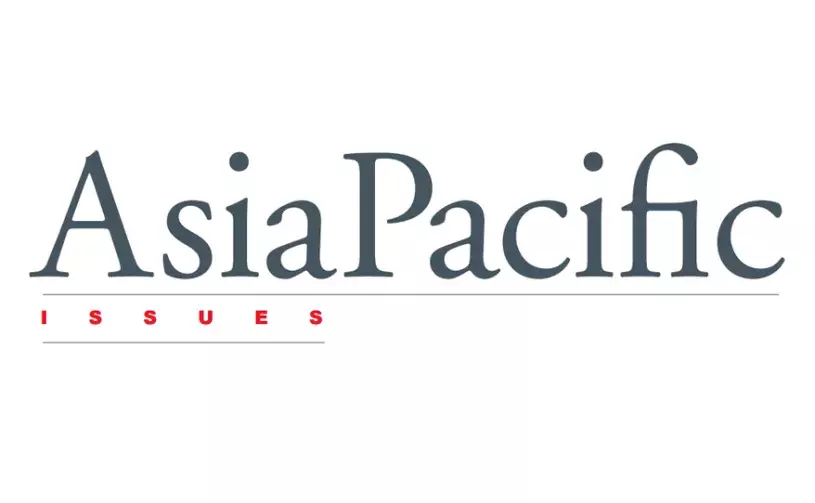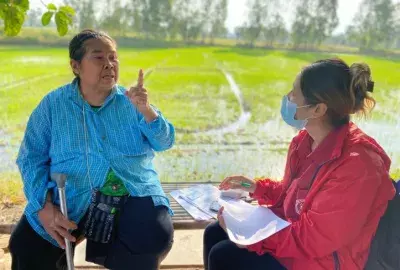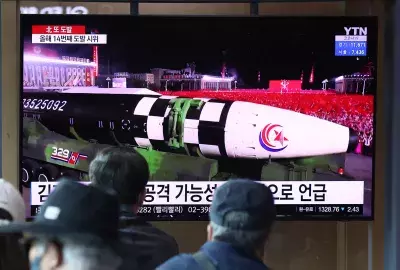Error message

Southeast Asia faces enormous challenges in managing its agricultural and environmental resources, from global warming to biodiversity loss. But chances for effectively addressing these issues may be hampered by the wide acceptance of four basic assumptions that guide the way we think about problems of managing agriculture and the environment. These assumptions form an interlinked system of thought that privileges the traditional and local over the modern and cosmopolitan. When taken to an extreme they lead to the view that traditional farmers are always right and that modern science is the cause, rather than a possible cure, of the serious environmental problems associated with agricultural development in Southeast Asia. Although when first proposed these assumptions were a radical alternative to the conventional thinking, in recent years they have themselves become the new conventional wisdom.
The views expressed in this publication are those of the author and not necessarily those of the Center.
Southeast Asia faces enormous challenges in managing its agricultural and environmental resources, from global warming to biodiversity loss. But chances for effectively addressing these issues may be hampered by the wide acceptance of four basic assumptions that guide the way we think about problems of managing agriculture and the environment. These assumptions form an interlinked system of thought that privileges the traditional and local over the modern and cosmopolitan. When taken to an extreme they lead to the view that traditional farmers are always right and that modern science is the cause, rather than a possible cure, of the serious environmental problems associated with agricultural development in Southeast Asia. Although when first proposed these assumptions were a radical alternative to the conventional thinking, in recent years they have themselves become the new conventional wisdom.
The views expressed in this publication are those of the author and not necessarily those of the Center.







